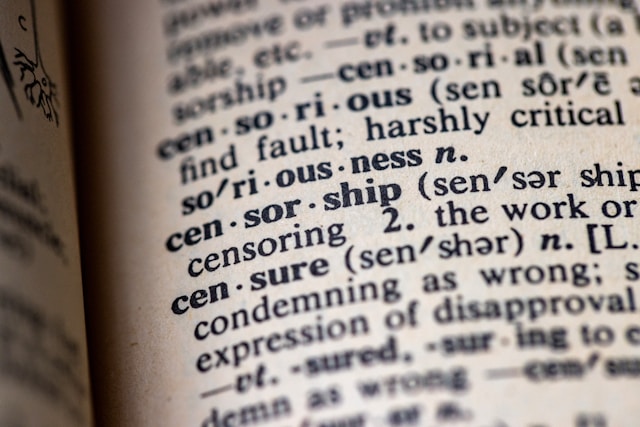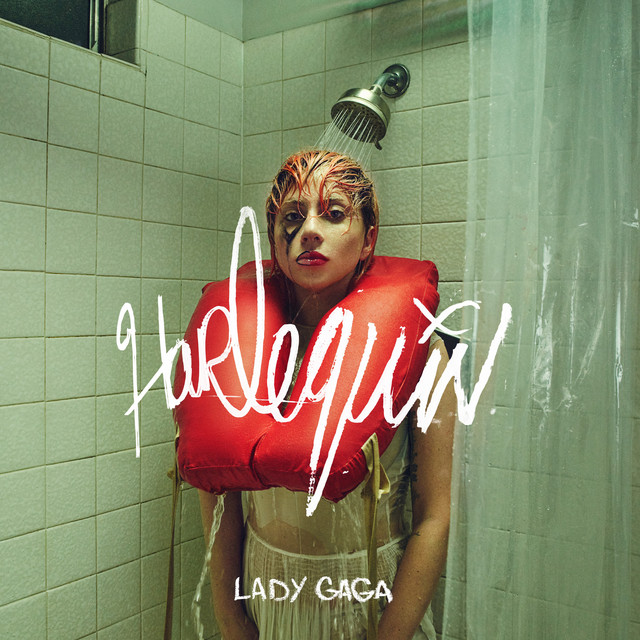Proactive is not the same as effective
October 26, 1998
Once upon a time, a quaint village was threatened by the imminent collapse of a dam. For years, the dam had protected the people from the raging torrents of water on the other side, but a flaw had developed in the structure’s integrity. The spray of water, although small, filled the townspeople with dread.
Ambitious politicians capitalized on the people’s fear of the water and the threat it represented. Their campaign coffers brimming with funds provided by the local raft-making industry, they proposed that the water breaching the dam be PUNISHED. Wherever water was spotted, the local constabulary would be dispatched. At the smallest sign of a leak, they would “teach the water a lesson,” shooting it with their rifles. Before long, water wouldn’t dare enter the village.
The plan sounded very proactive. People liked it because it was “tough.” The “War On Water” wasn’t “soft” on water, like plans offered by the opposition party. Those “bleeding hearts” spoke only of “restraining or retraining the water.” They said the water could be “redirected in some way which might conceivably work to the advantage of everyone!”
“Detractors of the plan,” it was charged, “must secretly LIKE the water! They would have us sit and wait for their precious water to come drown us all!” In case anyone had forgotten what water could do, War On Water proponents distributed graphic photographs of drowned babies. Horrified, people listened.
One day, a boy appeared at the village meeting, proposing that they “plug the water and repair the dam.” He offered his thumb as a makeshift plug until tools could be brought to seal the damage. If anyone wanted to bring him food or drink while he did the job, that would be nice, too.
Immediately, politicians ran ads insinuating that the lad was a “columnist,” oops, I mean “communist.” An independent counsel was assigned to investigate a rumor that he had once “touched himself in a familiar way.” The people knew that such an act, although fairly commonplace, was prohibited by their most utilized religious text, the “Great Book of Selected Tidbits Useful in Destroying One’s Political Enemies.”
The independent counsel revealed that the boy was, in fact, guilty of onanism. The worst part was that he’d lied to the village. “I wouldn’t touch that with a ten-foot pole,” he’d attested, under oath. He had lied. Many ten-foot poles were burned, just to be on the safe side. Who could believe him about anything, least of all the life-threatening situation of the “Holey Dam?”
How does the story end? The kid was tarred, feathered, and run out of town. The War On Water commenced. The name of the village, you have probably guessed, was Atlantis. Yeah: Blub, blub, blub.
The moral of the story: Tough-sounding solutions may make us feel more macho than a whole case of Viagra. They may even get one elected. But revenge-based policies that criminalize everything in order to incarcerate everyone, executing the worst offenders, simply aren’t viable. Although recent decades evince this inefficacy, tough rhetoric still gets many an imperialist stooge elected to office. This must stop.
Like the “War On Water,” the war our nation has declared on criminals is misguided and achieves only disastrous results. We need to direct our energies toward reducing crime and the societal factors which make for a crime-ridden America. We cannot simply cure these ills by appointing ourselves the judges and punishers of victims of a disproportionate and often callous system.
The notion that capital punishment deters violent crime has been utterly debunked. According to a 1995 Hart Research Associates poll, “67 percent of U.S. police chiefs don’t see capital punishment as a deterrent. They ranked the death penalty last among effective ways to reduce violent crime” (Robert Nolin, Sun-Sentinel, 1997). Other studies indicate murder rates in states with the death penalty are almost double that of states without it. Violence begets violence. It always has.
In 1995, the Justice Department issued a report indicating that between 1985 and 1995, the U.S. prison population nearly doubled. One out of every 167 Americans is incarcerated (Michael Sniffen, Associated Press, 1995). Do we really want to increase the number of American prisoners? Appeals are made to our capacity to rage rather than reason.
We should reject politicians who seek to manipulate our fears, encourage hatred and reject compassionate solutions. Criminals may not be very successful human beings. In fact they may be fairly atrocious human beings, but “there, but for the grace of God,” goes any one of us.
It is not our place to “punish the water.” Our only responsibility is to restrain, and wherever possible, to retrain and redirect.
James O’Donnell is a graduate student in painting, drawing, and printmaking from Mesa, Ariz.






